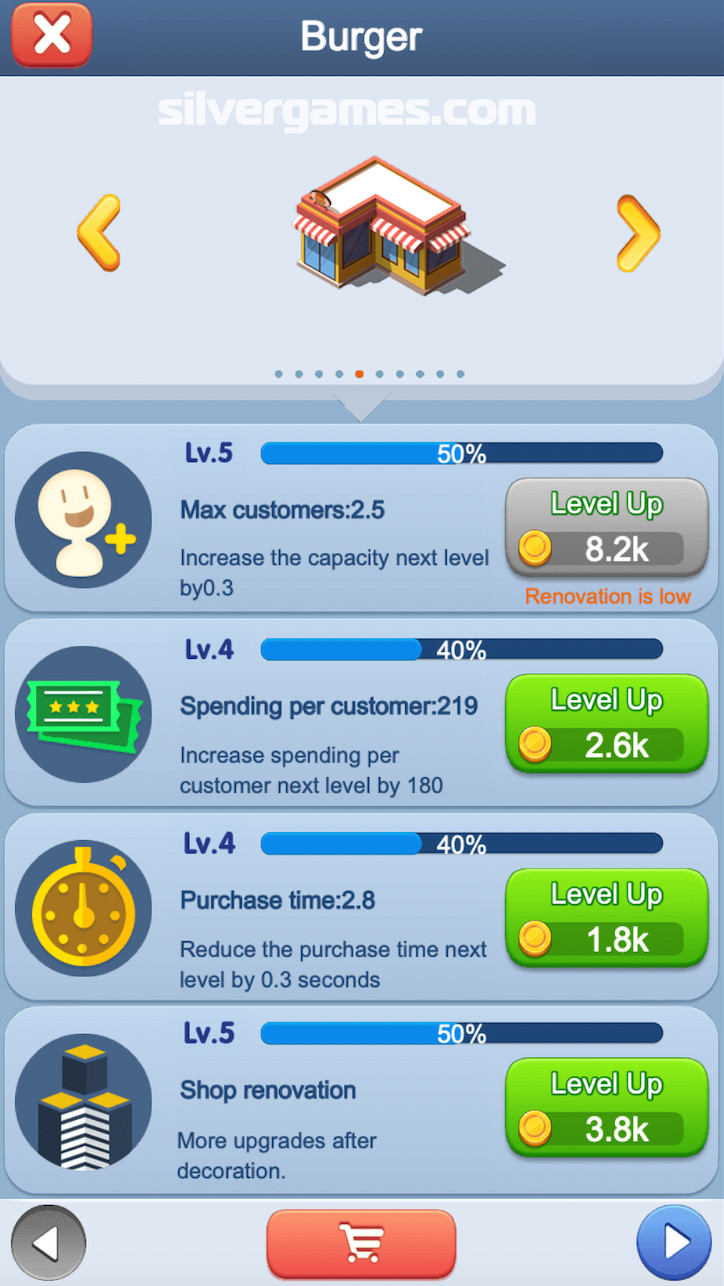

Most of Nestle and Danone’s sites in Europe already purchase electricity from renewable generators, and carbon-cutting goals have pushed both away from gas for heating. Longer-term green-energy programs at companies like Nestle, Unilever and Danone SA have bolstered their resilience to gas shortages. Frozen food retailer Iceland has already had its debt downgraded by rating company Moody’s over concerns surging energy costs and falling consumer demand will cause the grocer’s credit metrics to deteriorate more than previously expected. European food retailers are even more exposed than manufacturers as they have high energy needs and lower margins. But any increase in costs could squeeze profit margins, given that consumer-goods companies are getting pushback from retailers on raising prices. To be sure, the threat to Big Food isn’t as existential as to some industries, such as chemical, glass and metal manufacturers. Higher energy costs will also reduce how much consumers have to spend. Prices of ingredients like palm oil and wheat have fallen from highs reached earlier this year, but gas remains more than twice as expensive as it was before Russia’s February invasion.
#Move into bigger place coffee shop tycoon full#
Oetker, whose products range from frozen pizzas to baking powder, has also reduced energy consumption and added the option of using oil, where possible.Īt Nestle, the cost of goods sold rose 14% in the first half, and the company expects a similar rate of growth for the full year. bun-maker Aryzta AG, whose freezers and bakeries are energy intensive. Multinational food companies have been installing burners that can switch sites to oil from gas, including McDonald’s Corp. That’s led not only to fears of winter shortages but also to soaring prices, driving up costs for makers of everything from chemicals to cars to baked goods. Russian President Vladimir Putin shook European industry when he slashed gas exports in response to sanctions over the invasion of Ukraine, with Austria, Germany and Italy the most vulnerable to a halt in supplies. “They will also take action to guarantee supply, installing their own generators for example,” and stockpiling fuel. “Some companies will be lobbying governments on where in the hierarchy of energy users they sit,” said Will Hayllar, global managing partner at OC&C Strategy Consultants. In response, the foodmakers are pleading their case to policy makers, cutting back on energy use and converting gas-fired plants to oil to keep Europe’s shelves filled with staples like cereal, bread and yogurt - even if natural gas supplies dry up. Now the world’s biggest food companies are bracing for the next threat: a winter with too little gas to power their factories.

(Bloomberg) - Nestle SA and its rivals spent two years grappling with pandemic-related disruptions.


 0 kommentar(er)
0 kommentar(er)
